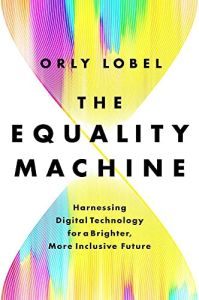
The Equality Machine
Harnessing Digital Technology for a Brighter, More Inclusive Future
Recommendation
Society has become polarized between those who fear new technologies due to their potential to exacerbate existing inequities and those who naively envision a technological utopia without anticipating risks. Law professor Orly Lobel urges humanity to bridge these divides, working together to create an “equality machine” instead. Lobel calls on stakeholders across sectors to harness the power of AI, machine learning, and big data to reduce inequities, bias, and discrimination. Learn about efforts around the world to create a better future in which humanity uses “technology for good.”
Summary
About the Author
Orly Lobel is the director of the Center for Employment and Labor Policy and the Warren Distinguished Professor of Law at the University of San Diego as well as a tech policy consultant to leading organizations. She is the award-winning author of several books and numerous research articles.







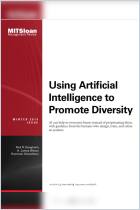
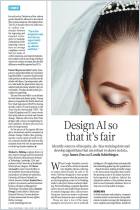
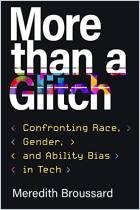
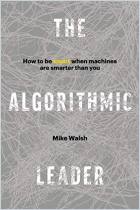
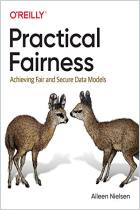
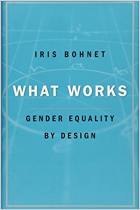




Comment on this summary or Comenzar discusión